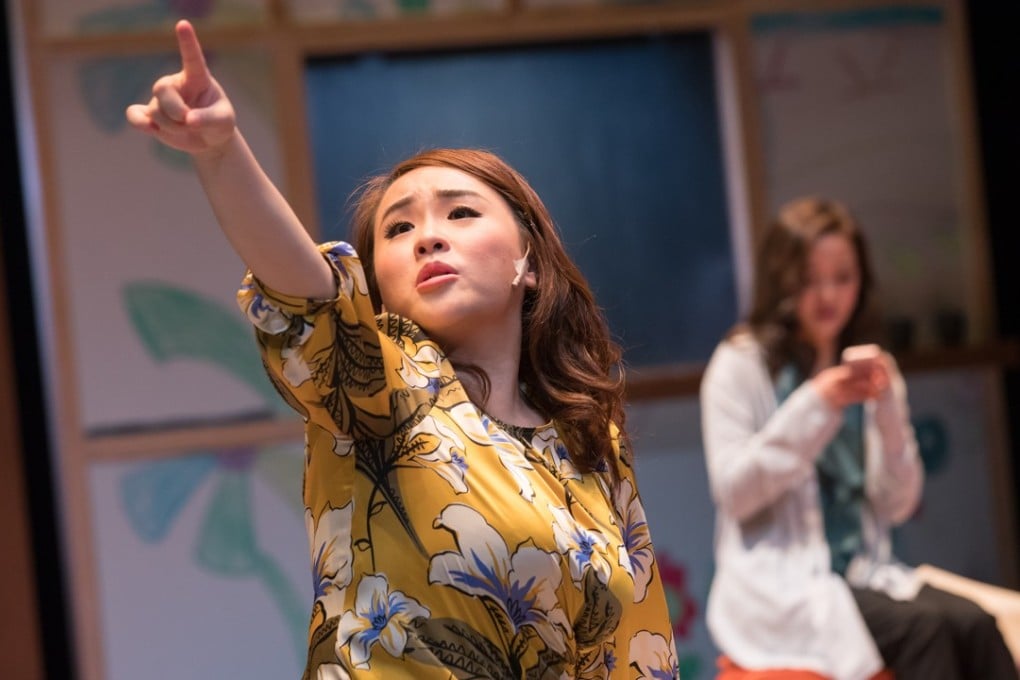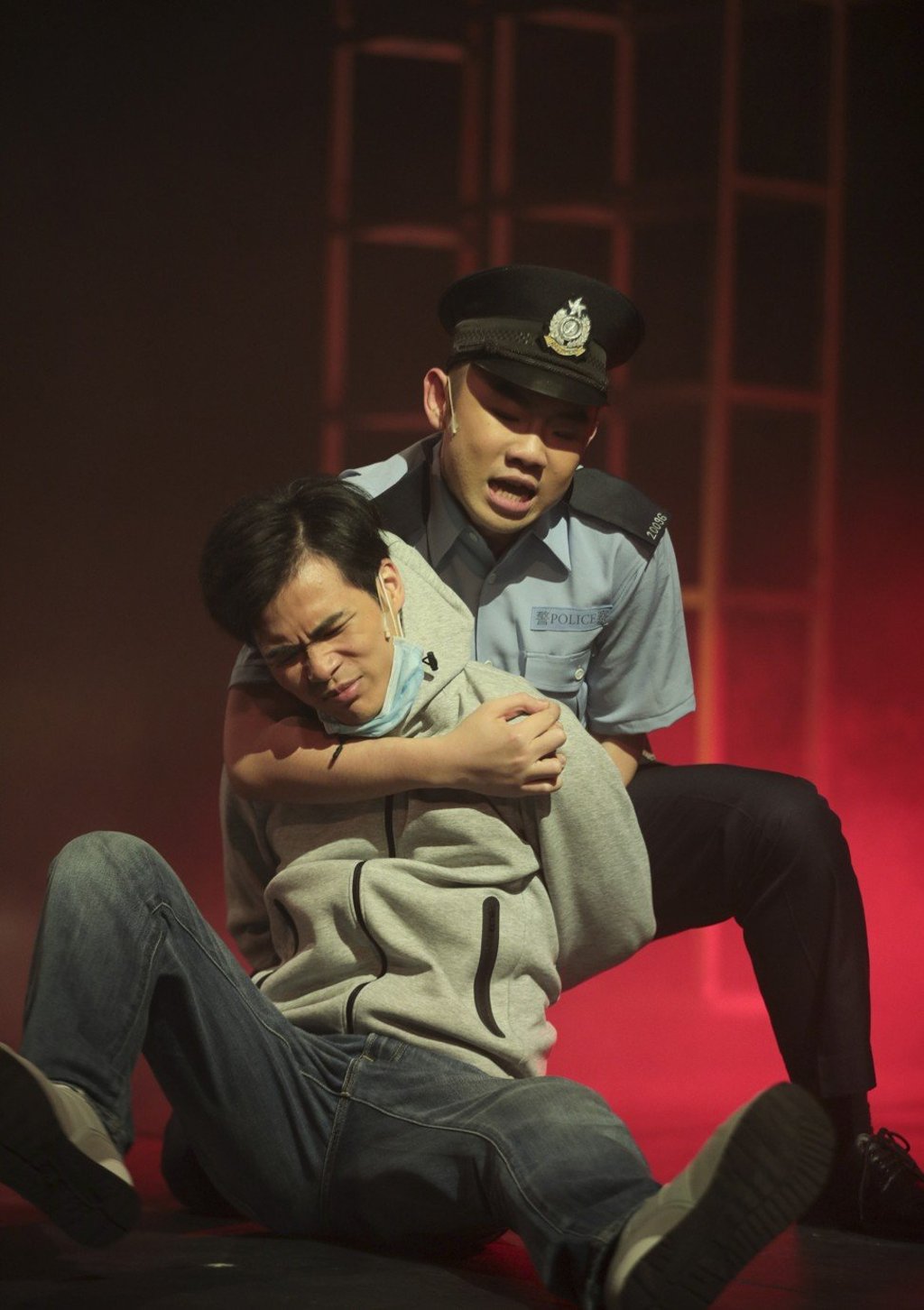Review | Plays about post-protest Hong Kong a mixed bag – one a worthy follow-up to Chinese Lesson, the other a satire that’s off key
The only Cantonese dramas in Hong Kong Arts Festival, Tang Chi-kin’s The Great Learning tells stories of Occupy Central protesters entering adulthood, and Doctrine of Happiness is a satire on them as parents, and works less well

The only contemporary Cantonese dramas in this year’s Hong Kong Arts Festival are two follow-ups to the excellent Chinese Lesson (2016), by local actor/playwright/director Tang Chi-kin, a humorous, intelligent and realistic portrayal of Hong Kong youth in the wake of the 2014 Occupy protests.
Awakened by the so-called umbrella movement, during which hundreds of protesters camped out on the streets for weeks on end demanding the election of Hong Kong’s leader by universal suffrage, young people have become more aware of their political rights, with some more passionate – and militant – than others in fighting for it.
Will I still be able to write political plays, Hong Kong dramatist asks himself
Without taking sides, Tang turns to the ancient teachings of Confucius to weigh the various courses of action taken by a group of secondary school students and leaves it up to the audience to decide what is the better or worse way to pursue the cause.
The Great Learning picks up where Chinese Lesson left off, with the original cast now entering young adulthood. Yin goes to university and becomes a student activist, his best friend Fatso decides to give up his studies and join the police force, while Momoko, who had a schoolgirl crush on Yin, is engaged to Fatso.
Under the influence of a persuasive professor, Yin gets involved in a workers’ movement and is arrested and jailed after civic unrest in the city’s Mong Kok district.

The second instalment of the trilogy raises more questions about the Occupy movement and its effects on young people in the city. Were they merely the pawns of others with a political agenda to push? Does the end justify the means? Is social media an innovation or a destructive force? Will the city’s next generation give up fighting for their values and beliefs when disappointment looms and passion fades?
